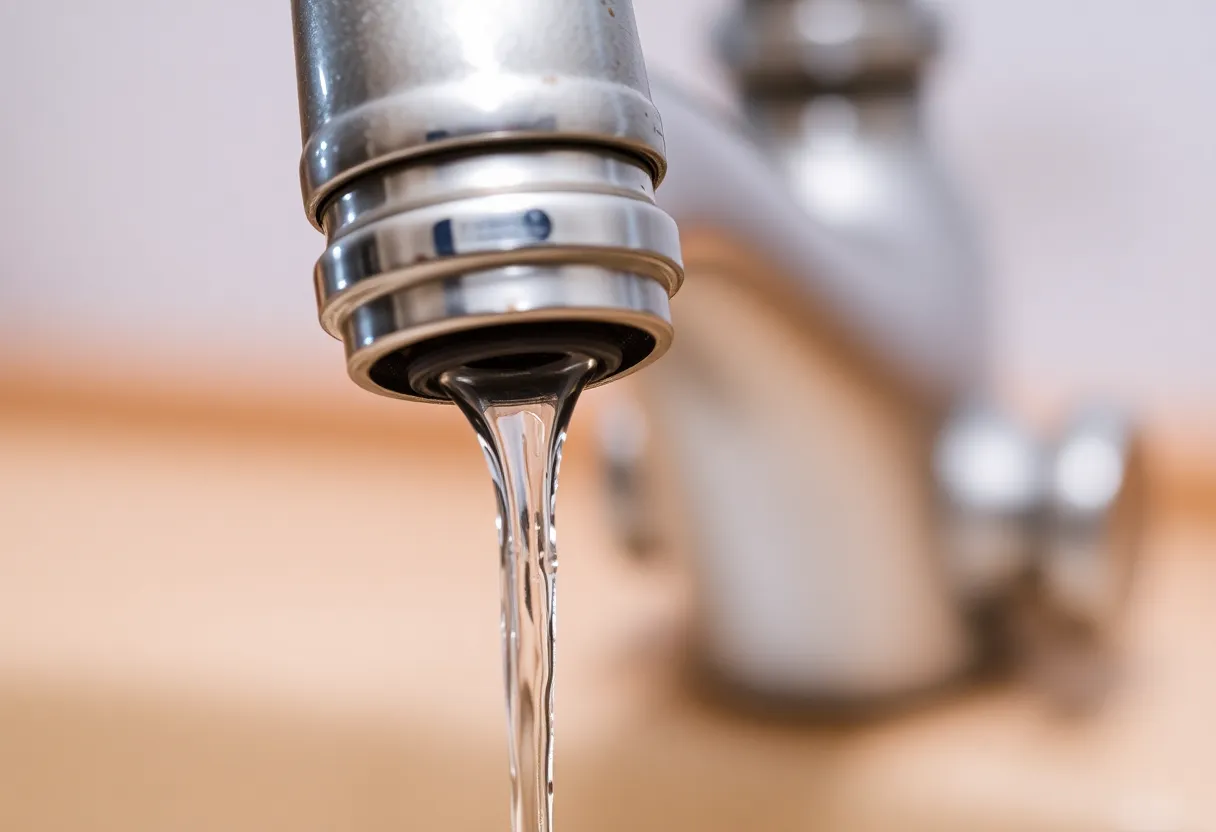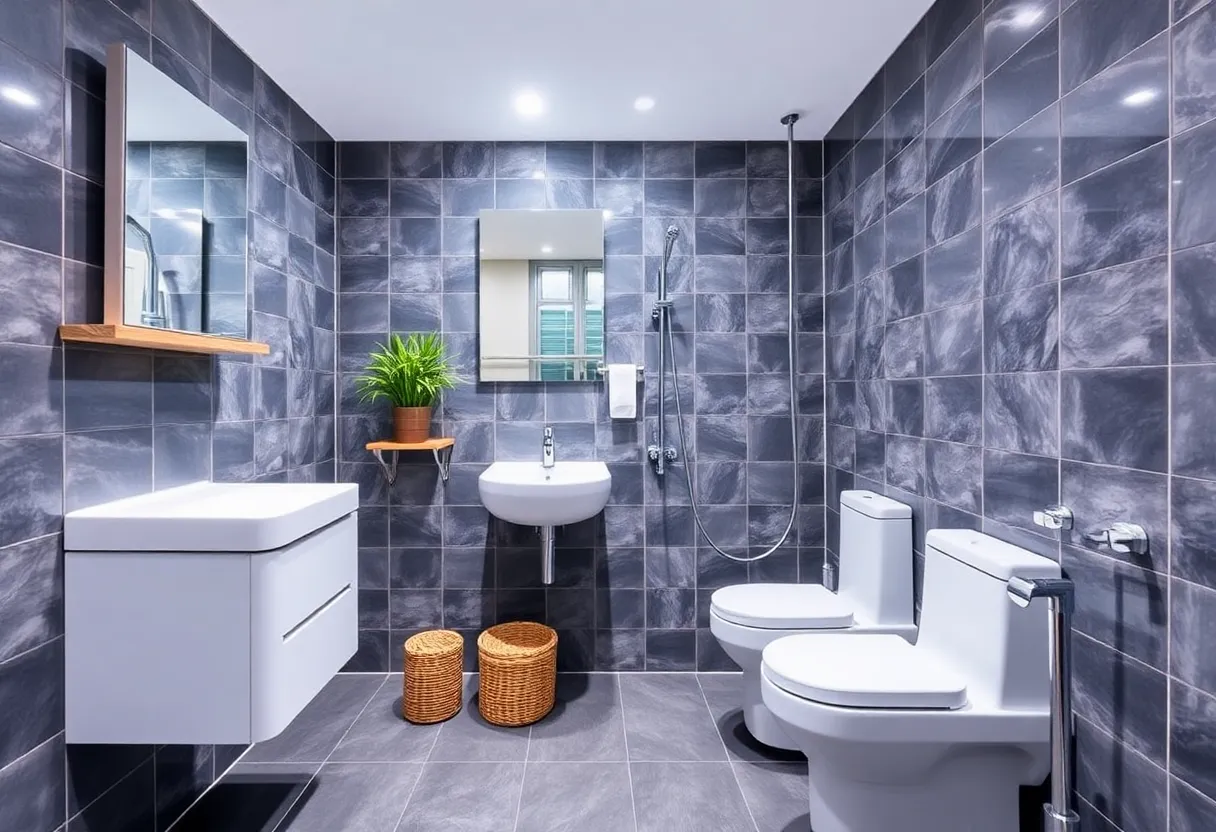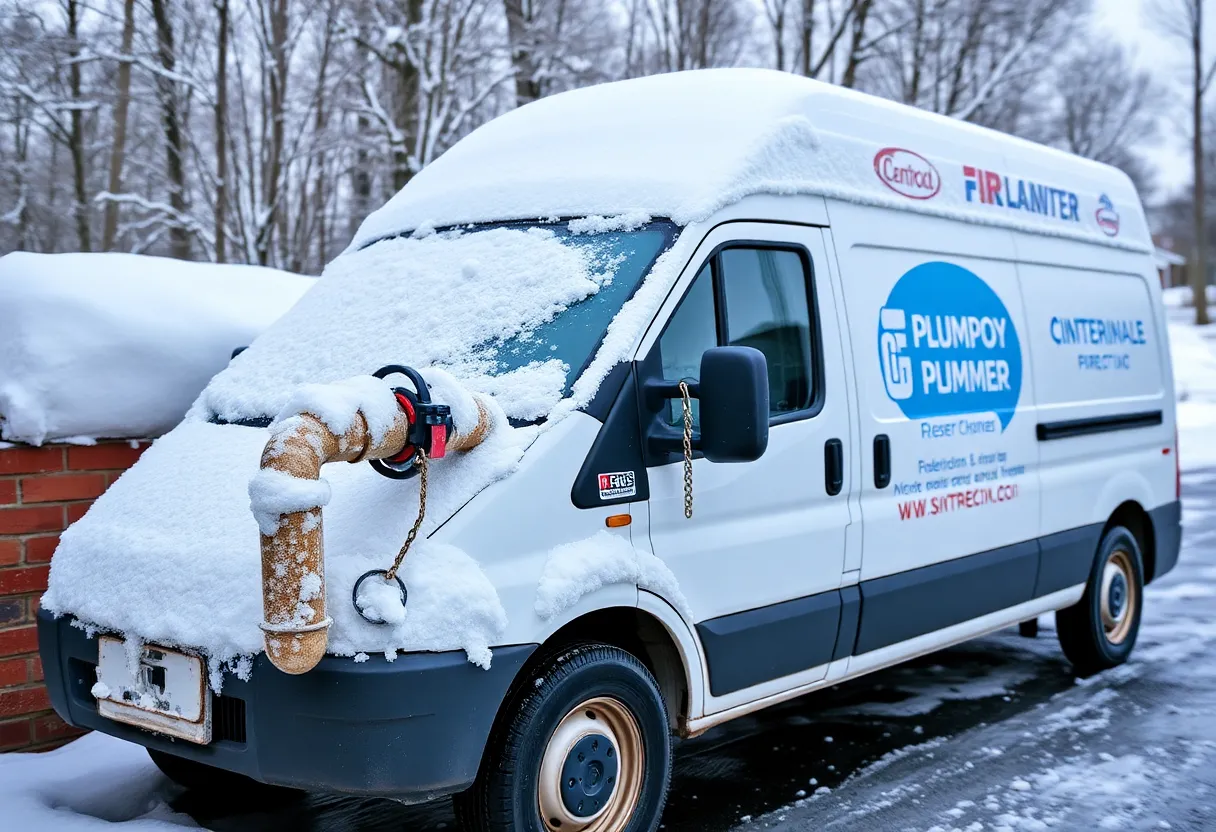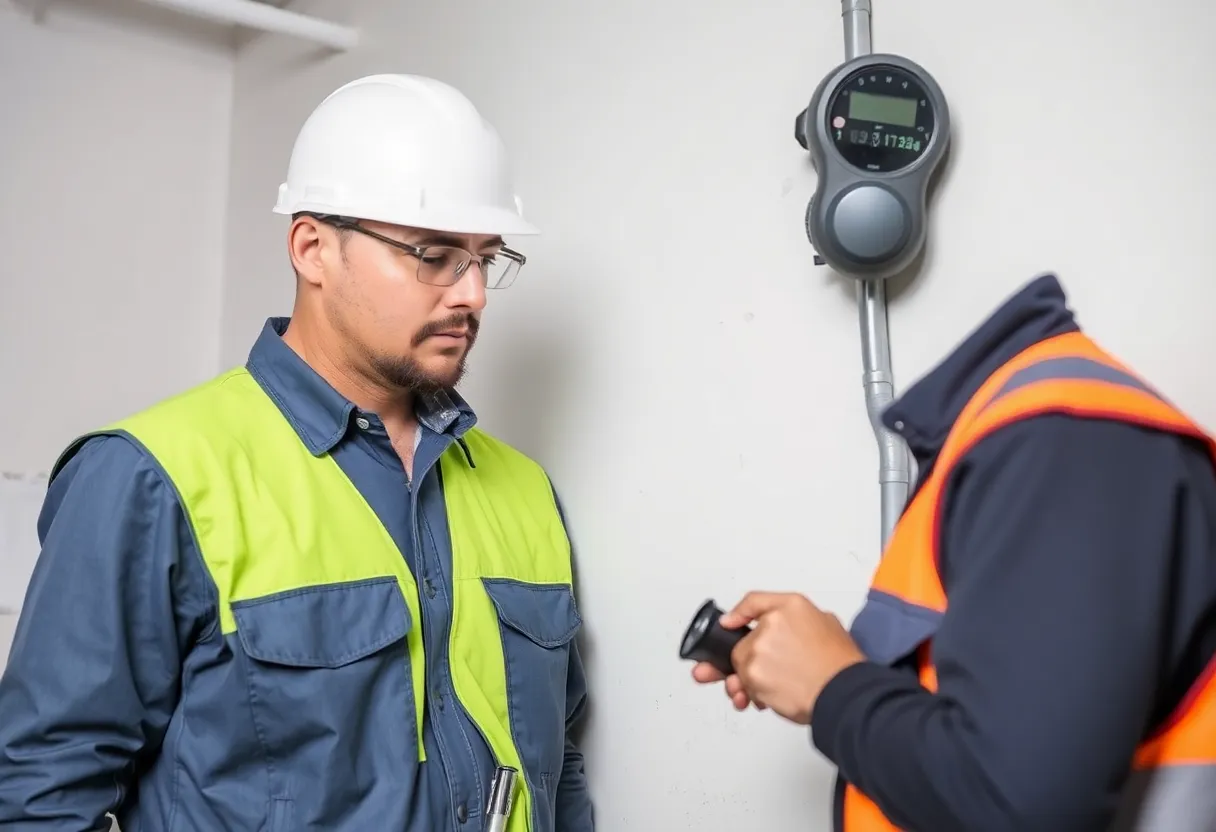Plumbing Pitfall: 10 Costly Mistakes Homeowners Make That You Can Easily Avoid
When it comes to maintaining a home, plumbing often takes a back seat to other chores and responsibilities. However, neglecting plumbing can lead to costly repairs, water damage, and stress. Many homeowners inevitably encounter plumbing pitfalls, but the good news is that most of these errors can be avoided with a little knowledge and proactive care. In this article, we will explore the ten most common plumbing mistakes and offer practical solutions to help you steer clear of them.
1. Ignoring Small Leaks
One of the most common mistakes homeowners make is ignoring small leaks. Dripping faucets, running toilets, and small pipe leaks may seem minor but can turn into major issues if left unattended. A small leak can waste hundreds of gallons of water over time, leading to increased utility bills and potential water damage.
Prevention Tips:
- Regular Inspections: Check for leaks periodically, especially in high-use areas like kitchens and bathrooms.
- Immediate Repairs: Address leaks as soon as you notice them to prevent escalation.
2. Overusing Chemical Drain Cleaners
Chemical drain cleaners may seem like a quick fix for clogs, but overusing them can be harmful. These products can corrode pipes over time and may not clear certain blockages effectively. Furthermore, they release hazardous fumes that can be dangerous in enclosed spaces.
Prevention Tips:
- Use Natural Alternatives: Consider using baking soda and vinegar as a safer and effective drain cleaning solution.
- Seek Professional Help: If clogs persist, consult a plumber instead of resorting to more chemical cleaners.
3. Neglecting Preventative Maintenance
Many homeowners fail to conduct preventative maintenance on their plumbing systems, leading to unforeseen issues. Regular maintenance includes checking pipes, faucets, and appliances, as well as flushing the water heater and inspecting for signs of wear and tear.
Prevention Tips:
- Create a Maintenance Schedule: Set reminders for regular plumbing inspections and maintenance tasks.
- Hire a Professional: Consider annual plumbing check-ups by a licensed plumber to identify potential problems before they escalate.
4. Using the Wrong Tools
Attempting to fix plumbing issues without the right tools can lead to further damage and costly repairs. Whether it’s using duct tape on leaky pipes or a screwdriver on plumbing fittings, the improper tools can create more harm than good.
Prevention Tips:
- Invest in Basic Tools: Equip yourself with essential plumbing tools, such as wrenches, pliers, and plungers.
- Research Before You Work: Familiarize yourself with the right tools needed for specific plumbing problems before attempting repairs.
5. Overlooking Water Pressure Issues
High water pressure can lead to damaged fixtures and pipes, while low water pressure can indicate leaks or other issues. Many homeowners overlook pressure problems, resulting in inconvenience and unexpected repairs.
Prevention Tips:
- Measure Water Pressure: Use a water pressure gauge to check your home’s pressure, ideally between 40 and 60 PSI.
- Adjust Pressure Regulators: If necessary, consult a plumber to adjust the pressure regulator on your main water line.
6. Improperly Insulating Pipes
Failing to insulate pipes can lead to frozen pipes in colder climates, which can burst and cause significant water damage. Insulation is crucial not only for preventing freezing but also for optimizing energy efficiency.
Prevention Tips:
- Insulate Exposed Pipes: Use foam pipe insulation around pipes located in unheated areas such as the basement, attic, or garage.
- Maintain Consistent Heat: Keep your home at a consistent temperature during winter months, especially if you’re away.
7. Incorrectly Installing Appliances
Installing appliances like dishwashers and washing machines can be tricky. Many homeowners make the mistake of not properly installing water connections, leading to leaks or flooding.
Prevention Tips:
- Follow Manufacturer Instructions: Always refer to the manufacturer’s manual for proper installation guidelines.
- Consider Professional Installation: If in doubt, hiring a plumber for installation can save you time and prevent potential disasters.
8. Forgetting to Turn Off Water Valves
Many homeowners forget to turn off water valves during plumbing repairs or when leaving for vacation. This simple oversight can result in severe water damage due to leaks or flooding.
Prevention Tips:
- Identify Shut-Off Valves: Know where your main water shut-off valve and other associated valves are located.
- Use Reminders: Use sticky notes or phone reminders to ensure you remember to turn off water valves during extended absences.
9. Disregarding Venting Issues
Proper venting is crucial for maintaining balance in your plumbing system. Many homeowners overlook venting issues, which can create drainage problems and unpleasant odors in the home.
Prevention Tips:
- Understand Your System: Familiarize yourself with how your plumbing vents work and check for blockages or issues periodically.
- Consult a Professional: If you notice slow draining or bad odors, consult a plumber to investigate venting issues.
10. DIY Repairs Beyond Your Skill Level
While some DIY projects can be rewarding, attempting repairs beyond your skill level can lead to disastrous outcomes and unnecessary expenses. Many homeowners mistakenly believe they can handle complex plumbing issues themselves, only to create bigger problems.
Prevention Tips:
- Know Your Limits: Assess your skills honestly before taking on any plumbing project.
- Seek Professional Guidance: Don’t hesitate to call a plumber, especially for complicated issues.
Conclusion
In conclusion, plumbing pitfalls are common among homeowners, but understanding these issues can empower you to avoid costly mistakes. By being proactive and knowledgeable, you can maintain a plumbing system that runs smoothly and efficiently. Remember that preventative maintenance, proper techniques, and knowing when to seek help are key factors in ensuring the longevity of your plumbing system. By steering clear of these ten common mistakes, you can protect your home from unexpected plumbing disasters and associated costs.









